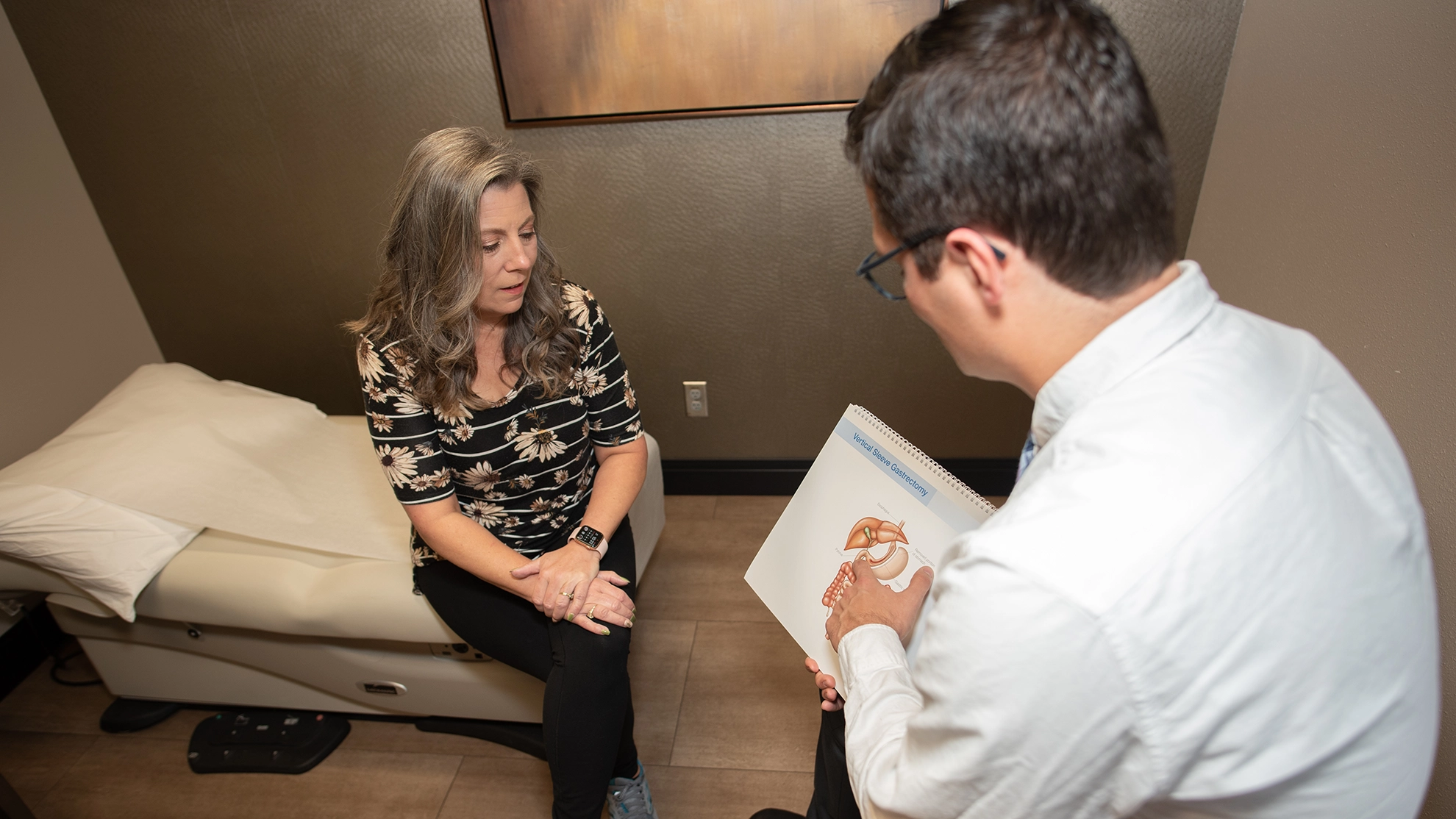The highly skilled and experienced surgeons at Bay Bariatrics are here to ensure your weight loss journey is a success. If you have had previous bariatric surgery and are experiencing complications or problems of any kind, including weight regain, inadequate weight loss, or reflux, then bariatric revision surgery may benefit you. We want our patients to be completely satisfied and have optimal results after their weight loss surgery. Experiencing less than ideal results after weight loss surgery or even weight gain can be frustrating and make you feel hopeless. Our team of surgeons will evaluate your unique needs and determine if revision surgery may benefit you. Give us a call today for more information or to schedule your consultation and see if bariatric revision surgery is right for you.
Bariatric Revision
What is bariatric revision?
Prior weight loss surgery is corrected or improved through bariatric revision surgery. Bariatric surgery is usually successful, with individuals losing weight and adopting a new, healthier lifestyle. However, for a number of reasons, some patients discover that the surgery deteriorates with time or is no longer effective. Bariatric revision surgery may be beneficial in these cases.
When the patient’s anatomy has altered over time and requires correction, revision surgery may be performed. Patients sometimes seek revision surgery because they have weight gain as a result of a change in their lifestyle or a new source of stress in their lives. Others have undergone gastric band procedures and now see friends or family members who have had a sleeve gastrectomy or a gastric bypass operation have had better results. They are now looking for these advantages and want to experience significant weight loss.
Patients who previously had a Lap Band surgery, an adjustable silicone band put around the upper region of the stomach to control food intake, are the most common patients seen for revision. Until a few years ago, this operation was quite popular, but around a third of those patients now require further surgery to lose weight due to the gastric bands loosening or slipping over time. If you fall into this group, you may be an excellent candidate for a gastric bypass or sleeve gastrectomy revision.


More FAQs About Bariatric Revision
What does revision mean in bariatric surgery?
Revision in bariatric surgery means to correct or improve a prior weight loss surgery. A revision, or change, is made to a prior surgery to fix surgical complications, issues with gastric banding, to help patients lose excess weight, and more.
Do I qualify for bariatric revision?
Here are three indicators that you’re a candidate for revision surgery:
An expanded stomach opening is the cause of your weight increase.
Your first gastric bypass treatment created an outlet (technically known as a gastrojejunal anastomosis) to restrict food flow and increase the sense of fullness.
However, with time, this pouch and outlet may stretch and expand. This means that it may take longer for you to feel satisfied, causing you to eat more food and gain weight.
You may be a candidate for bariatric revision if your weight increase is due to an expansion of the outlet.
Your esophagus is in great condition.
A bariatric revision is still a medical treatment, even though it is not an open surgery. In comparison to standard procedures, endoscopic surgery is a minimally invasive procedure and has a faster recovery time.
Endoscopic techniques use cameras and tiny tubes to execute the essential phases of the process instead of an incision.
You’re committed to the decision to lose weight.
Some Bariatric revisions are performed as outpatient procedures, which means you may be able to return home the same day. With your sutures in place, you lose weight at the same rate as before your treatment because the outlet size has restored to its pre-surgery proportions.
What is a revision after gastric sleeve?
According to research, the volume of the stomach can increase two years after the sleeve operation. This is natural and no one’s fault. Some patients begin to eat more as their stomachs enlarge. Gastric sleeve revision for these people may be beneficial. Conversion to a bypass, conversion to a biliopancreatic diversion with a duodenal switch, or re-sleeving are all options for revision surgery.
Converting to a gastric bypass is an especially beneficial solution for people who also suffer from reflux, as the bypass will address both the reflux and the weight loss and, furthermore, greatly improve the quality of life.
The duodenal switch, which is a mix of a gastric sleeve and an intestinal bypass, has been shown to be the most effective weight loss procedure. However, because of the amount of intestines bypassed, there is a higher risk of vitamin deficiency. Patients must take vitamin supplements on a regular basis and keep in touch with our medical team.
Years ago, individuals with a high BMI were commonly recommended the duodenal switch. Because this procedure was time-consuming, surgeons began executing it in two stages, separated by months. The surgeon performed the sleeve gastrectomy first, then the intestinal bypass after the patient had lost some weight. Many patients had such good success with the sleeve alone that the second step was unnecessary. We can now complete the duodenal switch for sleeve patients who require more weight loss. Re-sleeving—trimming a section of the stomach that has re-expanded to create a narrower gastric tube or sleeve—might be an option in some circumstances.
How successful is a gastric bypass revision?
Gastric bypass revision operations are usually successful in assisting people in losing weight, especially when conducted by a qualified surgical team like Bay Bariatrics. Following revision surgery, most patients should anticipate losing 60 to 80 percent of their excess weight, especially if they follow their medical team’s guidance closely.
How do I know if I need a gastric bypass revision?
There are five signs that you may need revision to your gastric bypass. Acid reflux is a common ailment that affects many people after gastric bypass surgery as well as other types of weight loss surgeries. Revision surgery can help with acid reflux and also improve weight loss at the same time. If you’re experiencing weight regain after gastric bypass, then revision surgery may benefit you. Nausea and vomiting are common side effects of gastric bypass surgery, and revision surgery can help address these. If you have goals for weight loss that haven’t been met, bariatric revision surgery can not only help with weight regain but also unachieved weight loss goals after gastric bypass surgery. In addition, surgical complications resulting from gastric bypass surgery can also be addressed with revision surgery.
Can my stomach grow back after gastric sleeve?
The act of overeating can lead to weight gain. When someone eats too much, their stomach can enlarge to accommodate the extra food. Patients who have had gastric sleeve surgery should be aware of this. Your stomach will expand every time you consume something. However, if you eat past the point of fullness on a regular basis, you risk extending your stomach beyond its post-surgery size.
Stretching the stomach can also trick the brain about when it’s time to eat or if it’s full. When your stomach is stretched beyond its regular size, your brain thinks you need more food to be satisfied. Alternatively, after eating until you’re satisfied and digesting a portion of the meal, your brain may feel that your body requires more food because your stomach is no longer empty.
When you consume large meals over and over again, your stomach stretches. This may not be a problem if you overeat on occasion during holidays or celebrations. However, if this happens frequently enough, stomach stretching is more likely to occur. For instance, if you eat a huge breakfast, lunch, and dinner every day for a few weeks, your stomach will stretch. The risk of altering the fullness gauge causes you to overeat over your body’s level of fullness, not the actual stretching of the stomach, which causes you to gain weight.
Why would you need a sleeve revision?
Revision surgery after sleeve gastrectomy is sometimes needed to correct complications. If you’re having trouble with gastric reflux following your sleeve gastrectomy, a revision may be the answer. Reflux can be caused by stricture and can also present as swallowing difficulties.
How much weight do you lose with revision from sleeve to bypass?
When a patient has a gastric bypass revision surgery, we typically see a 65-75 percent excess body weight loss or 65-75 pounds of weight lost for every 100 pounds. Weight loss is normally 50-55 pounds for every 100 pounds of extra body weight if a patient has a small stomach pouch that cannot be revised after gastric bypass surgery.
Can you gain weight back after bariatric surgery?
One of your greatest fears after bariatric surgery may be that you will regain weight.
Fortunately, most patients do not gain back a significant portion of their weight after surgery. Most people do not maintain their absolute lowest weight after surgery, but the majority of patients keep 15-20% of their total body weight off for life after surgery.
Even though a small amount of weight gain is common, it is not inevitable. For the majority of people, weight regain is caused by eating habits. Bariatric surgery is a tool for weight loss, but it requires you to follow the bariatric nutrition protocols and stay active.
Can you redo gastric bypass surgery?
There are several options for revision surgery following gastric bypass. After a gastric bypass, the stomach can stretch out leading to weight regain. A band can be placed around the stomach to restrict intake and help promote further weight loss.
A stapled pouch reduction, commonly known as “sleeving the bypass,” is another alternative for gastric bypass patients. This entails removing a section of the pouch and narrowing the path to the intestines, limiting the amount of food a patient can consume.
A third strategy for gastric bypass patients is to bypass even more of the intestines, reducing the amount of calories absorbed and helping to shed excess weight.
Endoscopic repair is a fourth alternative. The link between the stomach and intestines can be tightened without performing any incisions, making it tighter and limiting how much you can consume. While this strategy appears to be promising, it is unclear how long the results from this type of revision surgery will last.
What is Candy Cane syndrome?
Candy cane syndrome is a rare complication that has been documented in bariatric patients who have undergone Roux-en-Y gastric bypass surgery. It happens when the roux limb is excessively long proximal to the gastrojejunostomy, allowing food particles to lodge and persist in the blind redundant limb. Patients complain of non-specific symptoms such as stomach pain, nausea, and vomiting. Because the disease process is inadequately described, most cases go undetected. Bariatric revision surgery can be performed to correct the issue and give patients a favorable outcome.
